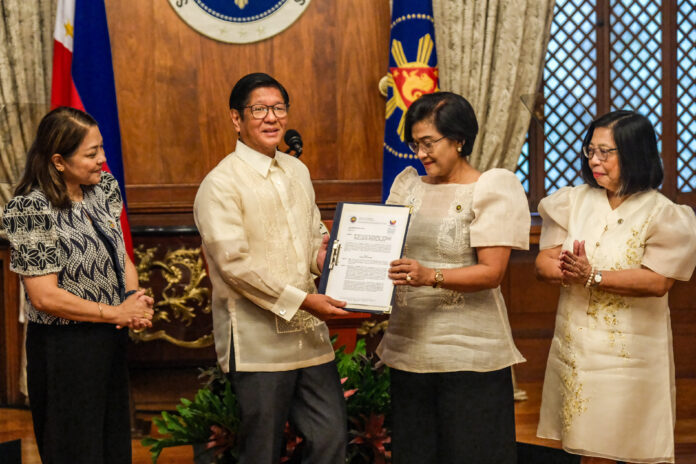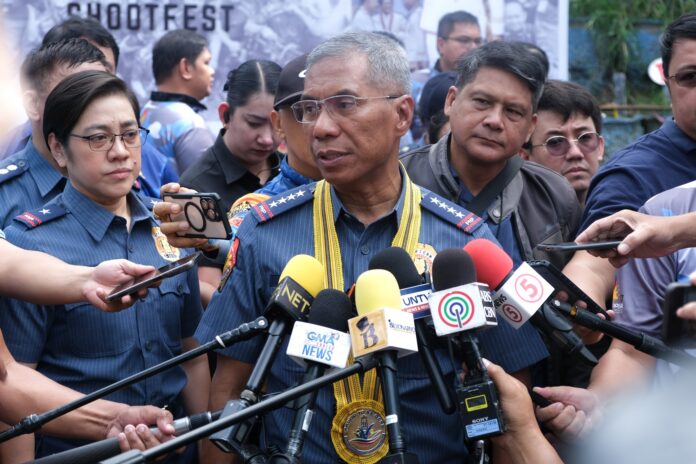President Ferdinand “Bongbong” Marcos Jr. on Tuesday formally signed the implementing rules and regulations (IRR) of the Expanded Tertiary Education Equivalency and Accreditation Program (ETEEAP) Act, hailing it as a long-awaited measure that values real-world experience as equivalent to formal academic credentials.
“Finally, we have institutionalized what we have been dreaming to be able to do for many, many years,” Mr. Marcos said in a speech delivered at the President’s Hall in Malacañan Palace.
“With the signing of the IRR, we reaffirm a crucial principle: experience is just as valuable as a formal education,” he added.
The ETEEAP Act, originally initiated through an executive order and later enacted into law, provides a system for individuals who have not completed college to earn academic degrees based on their work experience, training, and self-taught skills.
The law formalizes a pathway for professionals—such as mechanics, caregivers, entrepreneurs, and technicians—to convert years of practice into accredited academic equivalency.
“We have many countrymen who did not finish college because they had to work,” the president said, noting how economic realities often forced Filipinos to forego formal schooling to support their families.
“But their intelligence, strategy, and determination were not lost,” he added.
A key component of the law is the provision of enrichment support to help applicants meet the academic and professional standards of their chosen degree programs.
It also encourages higher education institutions (HEIs) to adopt flexible learning models, including online modalities, to accommodate the diverse circumstances and learning styles of adult learners.
“This law gives our fellows who were not able to finish college a second chance,” Mr. Marcos emphasized.
“It opens doors to higher positions, better income, and more professional opportunities,” he added.
Commission on Higher Education (CHED) Chairperson Shirley Agrupis, along with CHED officials and other dignitaries, witnessed the ceremonial signing of the IRR.
Marcos urged CHED and its partner agencies to ensure the smooth and faithful implementation of the law, particularly in overseeing deputized HEIs that will administer the ETEEAP.
“Life, as they say, is a lifelong learning. Do not stop dreaming… There is no limit to what every Filipino can achieve,” Mr. Marcos said.
The ETEEAP law is expected to bolster workforce competitiveness and inclusion by recognizing the multifaceted nature of learning, bridging the gap between informal experience and formal credentials.









